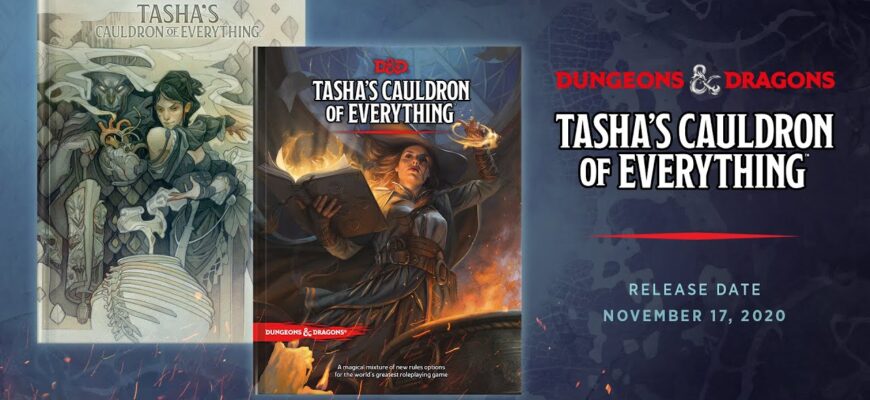In the vibrant tapestry of French football, few fixtures ignite passions quite like the Derby du Nord. This impending clash between RC Lens and Lille OSC is not merely a battle for three points; it is a visceral contest of regional pride, history, and raw emotion. As the Saturday night showdown looms, Lens captain Adrien Thomasson offers a glimpse into the strategic mindset required when facing such a formidable rival, particularly when the fortress of Bollaert-Delelis is on your side.
The Special Sauce of a Local Derby
Local derbies possess an almost mythical quality, transcending the usual parameters of league play. They are the narratives etched into local folklore, moments of triumph or despair that resonate deeply within communities. Thomasson, a seasoned veteran at 31, understands this inherent weight. His recent remarks highlight a crucial psychological dimension: “It is a special match, even more so when we play at home.” This isn`t just a nod to ticket sales; it`s an acknowledgment of a shared identity between the club and its fervent supporters, an identity that manifests as an almost tangible force within the stadium.
The captain’s declaration, “We are dead set on beating them, for ourselves, for the club, and for the supporters,” underscores the multi-layered motivation. It’s a professional imperative, certainly, but also a deeply personal and communal one. In derbies, players often report feeling an almost electric connection to the stands, a phenomenon that can genuinely elevate performance.
Bollaert-Delelis: The 12th Man and the Psychological Edge
If football matches were purely about statistics and squad values, many derbies would lose their magic. Instead, factors like home advantage become amplified. For Lens, the Bollaert-Delelis stadium is not just a venue; it`s a character in its own right – a sprawling, raucous amphitheatre renowned for its intense atmosphere. Thomasson articulates this perfectly:
“For us, Bollaert gives us extra strength. I often have friends who play for the opposing team, and they are always apprehensive about playing in Lens, about playing at the Bollaert. From a mental point of view, it is a bonus, and we try to play on that to win the maximum amount of matches.”
This isn`t mere bravado. The psychological impact of a hostile crowd is a well-documented phenomenon in sports. Opposing players might struggle with communication, decision-making, or simply maintaining focus amidst the cacophony. For the home side, conversely, it’s a boundless source of energy, a collective roar that can turn a tired leg into a sprinting marvel. It’s a subtle form of psychological warfare, often fought and won before the first tackle.
Contrasting Fortunes, Shared Intensity
The narrative of this specific Derby du Nord is further enriched by the teams` differing starts to the season. Lille has enjoyed a robust opening, remaining unbeaten and securing three victories from their first four outings. Lens, on the other hand, finds itself with two wins and two losses, though those defeats came against formidable opponents in Paris Saint-Germain and Olympique Lyonnais. This disparity in immediate form adds another layer of intrigue.
- Lille`s Momentum: An unbeaten run suggests confidence and tactical cohesion.
- Lens`s Resilience: Despite tough early fixtures, their desire to perform in a derby remains undimmed.
Thomasson’s realism is evident: “We are expecting a difficult match, and we hope that it will be difficult for them, too.” This acknowledges Lille`s quality while simultaneously projecting Lens`s intent to make their home ground an impenetrable obstacle. It sets the stage for a physically demanding and mentally taxing encounter for both sides.
The Captain`s Call to Arms
A captain`s role extends beyond leading on the pitch; it involves shaping the team`s mental landscape. Thomasson’s preemptive commentary serves as both a rallying cry for his teammates and a subtle message to the opposition. He’s affirming the collective will, emphasizing the `us against them` mentality inherent in such fixtures, and leveraging the known power of their home support.
In the grand theatre of football, where every pass, tackle, and save is scrutinized, the Derby du Nord offers something more profound. It`s a testament to the enduring power of local rivalry, the undeniable influence of the crowd, and the human element that makes the beautiful game so utterly captivating. As the fans prepare to unleash the Bollaert roar, and the players brace for a clash of titans, one thing is certain: this will be no ordinary Saturday night in French football.








